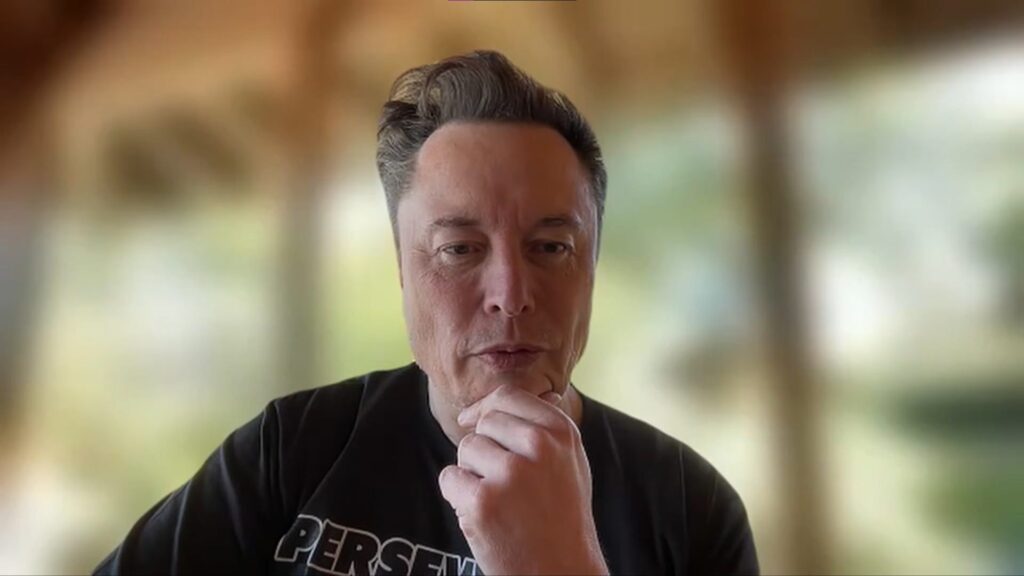Elon Musk, the visionary entrepreneur behind companies like Tesla and SpaceX, has once again made headlines for his remarkable achievements in the field of artificial intelligence (AI). Time magazine recently ranked Musk as the second most influential person in AI, just behind Cloudflare CEO Matthew Prince.
Musk’s AI company, xAI, has had a transformative year, culminating in the creation of “Colossus,” the world’s largest supercomputer housed in an abandoned Electrolux factory in Memphis. This facility now boasts 200,000 NVIDIA GPUs and has solidified xAI’s position as a major player in the AI industry.
Earlier this year, xAI launched Grok 3 and Grok 4, with Musk hailing the latter as the “world’s smartest AI system.” Integrated into Musk’s social platform X and Tesla vehicles through the latest software update, Grok has garnered over 35 million monthly active users. Despite this success, xAI still trails behind competitors like ChatGPT and Google Gemini.
To fuel its rapid growth, xAI has raised a staggering $10 billion in debt and equity, including a $2 billion investment from Musk’s own SpaceX. Rumors suggest that the company is now eyeing a valuation of $200 billion, and it recently secured a lucrative contract with the U.S. Department of Defense.
However, xAI’s meteoric rise has not been without controversy. Critics have raised concerns about the environmental impact of Colossus, while a flawed update to Grok earlier in the year led to the generation of inflammatory content. Musk’s goal of making AI “maximally truth-seeking” has also sparked debate among experts and industry insiders.
Despite these challenges, Musk’s influence continues to grow, with Time magazine recognizing him as one of the most powerful figures shaping the future of AI. From being named Time’s Person of the Year in 2021 to his current ranking on the TIME100 AI list, Musk’s visionary leadership and groundbreaking innovations are reshaping the technological landscape for years to come. the perspective of a scientist discussing the impact of climate change on the environment and the urgent need for action.
As a scientist who has dedicated my career to studying the environment and climate change, I can say with certainty that we are facing a crisis of unprecedented proportions. The effects of climate change are already being felt around the world, and if we do not take urgent action to address this issue, the consequences will be catastrophic.
One of the most concerning aspects of climate change is the impact it is having on our planet’s ecosystems. Rising global temperatures are causing glaciers to melt, sea levels to rise, and extreme weather events to become more frequent and severe. These changes are disrupting ecosystems and threatening the survival of countless plant and animal species.
In addition to the direct impacts on ecosystems, climate change is also exacerbating existing environmental problems. For example, warmer temperatures are contributing to the spread of diseases like malaria and dengue fever, while more frequent and intense droughts are leading to water shortages and food insecurity in many parts of the world.
It is clear that urgent action is needed to address climate change and protect our planet’s environment. This will require a coordinated effort from governments, businesses, and individuals around the world. We must reduce our carbon emissions, transition to renewable energy sources, and invest in sustainable practices that will help us adapt to the changing climate.
As a scientist, I am deeply concerned about the future of our planet if we do not take action now. We have the knowledge and technology to address climate change, but we must act quickly and decisively if we are to avoid the worst consequences. The time to act is now, and we must all work together to protect our environment for future generations.

